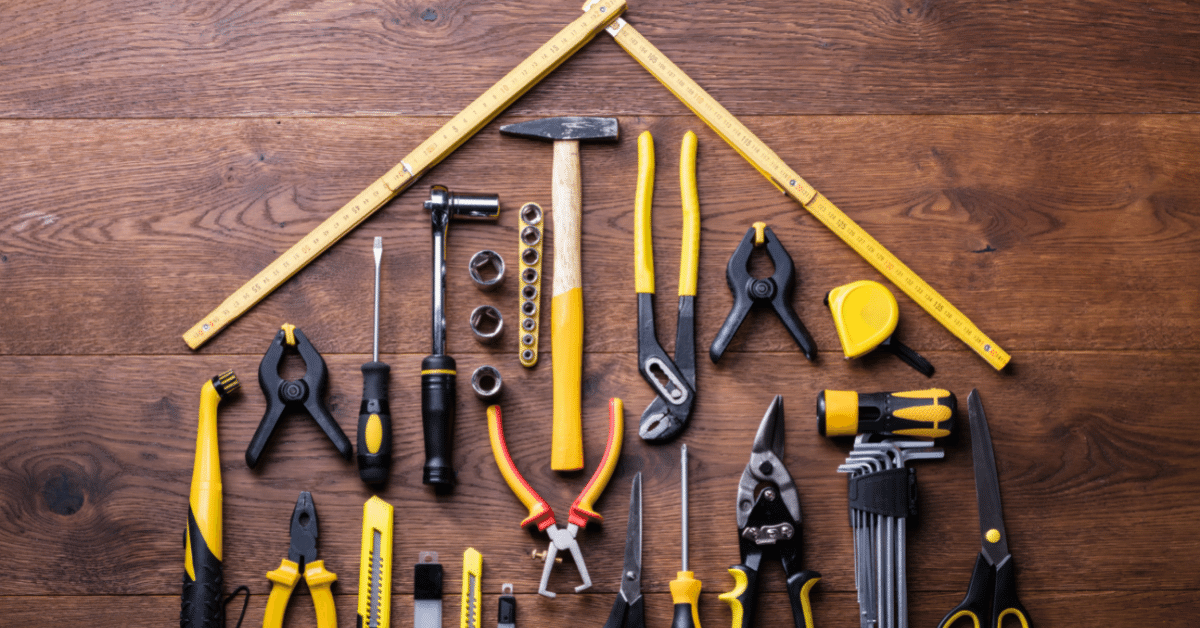A well-constructed house can last a lifetime, but its components need routine repair and maintenance. Scheduling maintenance and repairs prevents small problems from becoming costly.
The average homeowner spends $4,832 on routine and emergency home repairs in 2019. Here are seven fixes that can significantly increase your home’s life expectancy: 1. Insulation.
1. Insulation
Insulation creates barriers that prevent the transmission of electricity, heat, moisture and shock between insulated surfaces. Insulation is typically made of cellulose, fiberglass, mineral wool or a combination of these materials.
Insulating a home decreases energy bills by slowing the flow of air in and out of the house. This reduces heating costs and helps to maintain a comfortable indoor temperature.
Insulation can also prevent mold growth, as well as block outdoor contaminants and allergens from affecting indoor air quality. This can significantly improve a home’s comfort and health.
2. Roof
The roof is an important part of your home that protects the structure, contents and people living inside. It also plays a vital role in the overall look of your property and its resale value.
Reroofing is an intimidating project for many homeowners. It’s also an expensive one. So, it’s understandable why so few people do it.
An old, sagging roof can make the whole house look tired and neglected. New shingles can dramatically increase the appearance of a home and its curb appeal. A well-chosen shingle will also keep heat away from the home in the summertime, decreasing energy costs.
3. Gutters
Gutters catch rainwater from the roof and channel it through downspouts away from the house, preventing basement flooding and foundation damage. They also reduce soil erosion that can wash away or kill garden plants and clog pathways to the front and back doors.
Without gutters, water collects on the roof and walls and creates wet soil that facilitates mold growth, which may lead to health complications and costly home repairs. Gutter clogs are also an invitation for a variety of pests, including rats, mice,
birds, and mosquitoes that can carry deadly diseases.
4. Windows
Windows are a critical part of your home’s insulation and weather resistance. They keep UV rays out, protect your home from extreme heat and cold and help prevent moisture from damaging the exterior wood.
If you notice a draft around your window, condensation between the glass panes or water stains on the frame, it’s time to replace them. This will save you energy costs and reduce moisture, mold and fungus growth inside your home.
If your windows are outdated, replacing them can significantly increase your home’s curbside appeal and value. This is an investment that can pay off if you ever decide to sell your home.
5. Plumbing
Whether it’s comforting showers, refreshing dishes and drinks, or restorative sleep, plumbing brings essential functionality to homes. However, these systems aren’t indestructible. With regular maintenance from a trusted plumbing company, you can help keep them in good working order.
Leaks and clogs can affect water flow, and even waste sewage. Replacing corroded pipes can help preserve the quality of your water, as well as reduce health risks caused by rust particles. Moreover, it can significantly cut down on your water bills.
6. Heating and Cooling
Home repairs and routine maintenance are an essential part of owning a home. While some repairs, like replacing a blown fuse or fixing a leaky faucet are relatively inexpensive, others can be expensive and have the potential to tank your home value. But some basic fixes can significantly increase the life expectancy of major mechanical systems, such as a furnace or air conditioning unit.
By implementing energy-efficient solutions like programmable thermostats, insulation and weatherstripping, you can reduce your energy costs by up to $180 a year and make your home more comfortable.
7. Electrical
A home’s life expectancy can be extended with proper maintenance and regular home repairs. Minor fixes like changing a light bulb or replacing the batteries in smoke detectors can add years to a home’s lifespan.
Exterior fiberglass, steel and wood doors typically last the lifetime of the house while vinyl and screen doors have shorter lifespans. Faulty wiring or electrical equipment is the number one cause of house fires and should be regularly inspected by a professional who specializes in home inspections.
These professionals can also spot potential problems that aren’t visible to the naked eye, such as damaged wires due to stormy weather.
With these repairs so prevalent to owning a home, many find themselves wondering is home warranty required or needed? Most come to find out that it is a necessity to protect themselves from unexpected repair costs.





